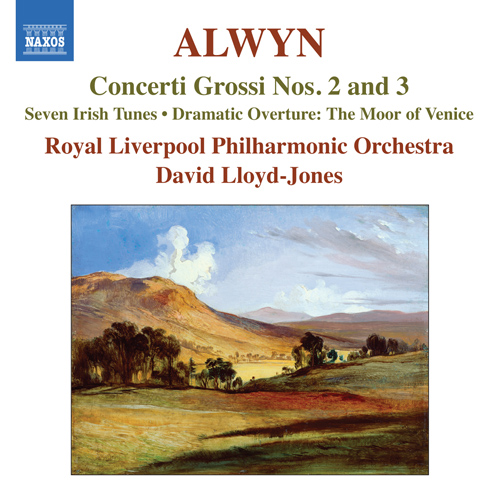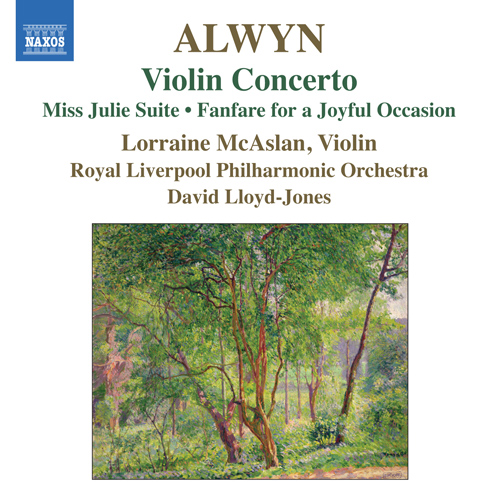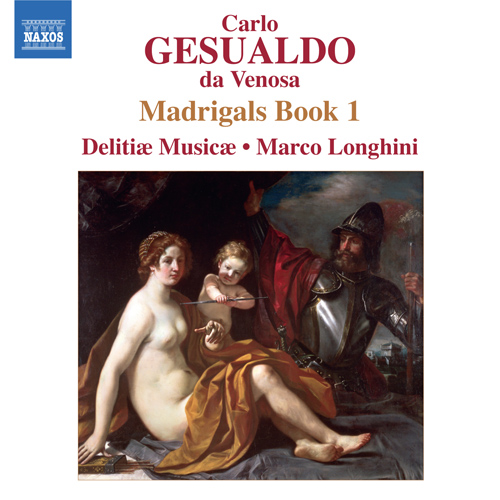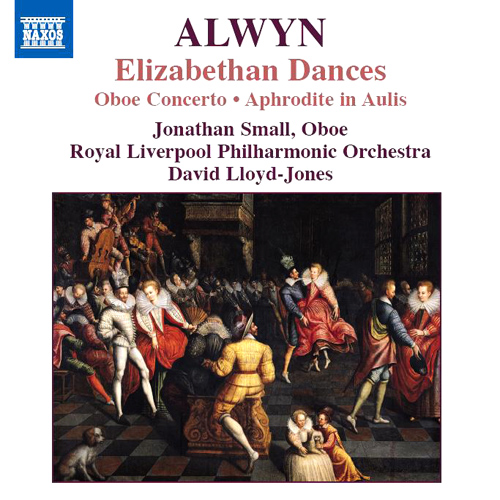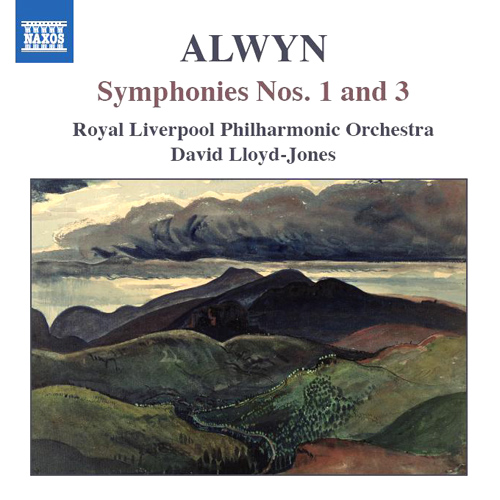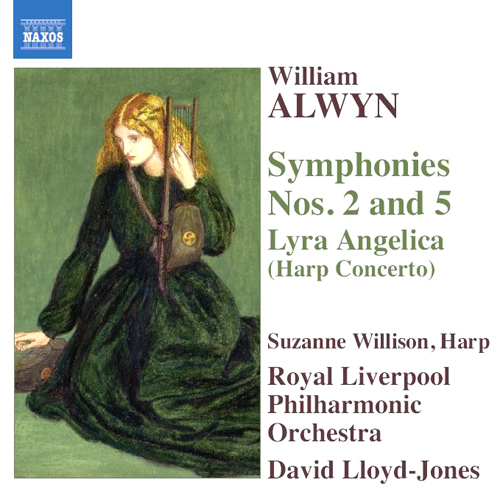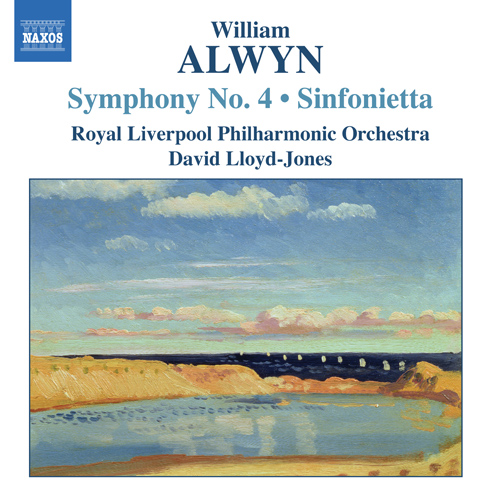Embracing the World – David Lloyd-Jones talks to Jeremy Siepmann
August 01, 2011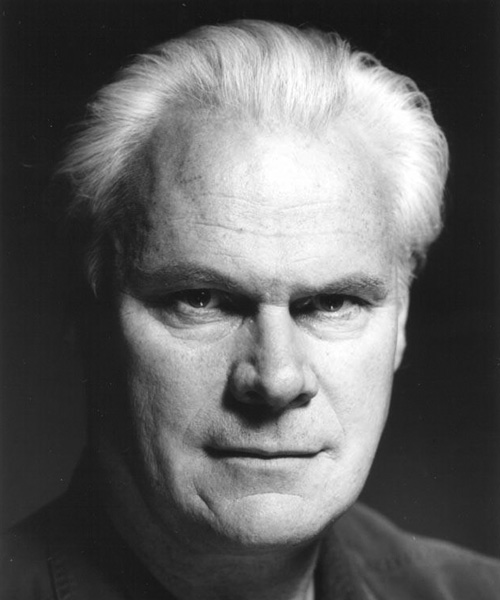
No man is truly omnivorous. To be so would require a complete lack of discrimination. David Lloyd-Jones, on the other hand, combines remarkable musical gifts with immense sophistication, vast experience and a capacity for enthusiasm and curiosity that have seen him through more repertoire, in more genres, than most conductors ever dream of. A professional to his well-practised fingertips, he took his cues, early on, from the top.
‘The first two giant musical personalities that I encountered were Sir Thomas Beecham and Wilhelm Furtwängler—the first two conductors I ever saw conduct. They were a fascinating pair, because between them they just about covered the whole of music—in that Beecham was pre-eminent in many works which Furtwängler scarcely ever touched. Furtwängler was pre-eminent in the great Austro-German classics, which of course Beecham also did, and very well, but not in quite the intense way that Furtwängler did. And their whole conducting styles were very different, which also fascinated me as a boy.’
And what was the nature of his debt to them? ‘Part of it was just the sheer standards, which were so extraordinarily high. And also, both of them appeared to be completely lost to music. There was never any feeling of the music having been studied; everything seemed so natural; it seemed to flow out of their very different personalities. Beecham conveyed the sheer pleasure of music, and the colour of music, again over a very wide repertoire. Furtwängler often used to conduct not exactly with his eyes closed, as Karajan did for a period, but apparently in a kind of trance—and he had the most extraordinary way of leaning backwards as he conducted (not that that affected me in any way). What influenced me most was their total immersion in the world of music—of orchestral music, naturally, but also, of course, of opera.’
Opera, as it turned out was to prove central to Lloyd-Jones’s career. In some senses, he grew up in the opera house, and has never regretted it. ‘Nothing could give a conductor a better, more well-rounded training than that. First of all, you’re dealing with orchestral players and singers, and a chorus, and possibly a ballet, and you’re learning to collaborate with a producer, and a designer—so you’ve really got everything. You start, possibly being a repetiteur, or doing some backstage conducting, which is a very tricky business I can assure you: whether it’s conducting a chorus backstage, or some fanfares or even a small orchestra, as in the case of Rosenkavalier. And all the while you have to satisfy the main conductor. In the way that you do these quite menial tasks, you can demonstrate your qualities, and that often encourages people to give you a start. You know, “Let’s give him a children’s matinée of The Magic Flute” or something like that, and that’s how you can get your foot on the bottom rung of the conducting ladder.’
Somewhere along the way he became fluent in Russian—an achievement with long-lasting consequences for his career. ‘My love of Russian music happened quite naturally when I was about 15—the same period in which I became fascinated with Russian literature. At that time I heard certain works, the Ruslan overture for example, and the piano version of Pictures at an Exhibition, which made an enormous impression on me. One of the qualities that Russian music has is almost the opposite to that of Germanic music. Russian music is very free, which is why you get a lot of things in 5/8, 7/8, 5/4, 7/4 etc.—something you’d never find in the whole of Bruckner or Mahler as far as I know. To some extent it came from the almost amateurish quality of the early Russian composers, Glinka, Dargomizhsky and of course the so-called Mighty Handful, the St Petersburg composers. They never got bogged down in anything academic because in most cases they simply didn’t know it. A German composer, when he’s short of inspiration, can write some very worthy counterpoint or a fugue or something like that. The Russians just weren’t up to that. They had to rely on their intuition and their inspiration. They just had to think of a good tune, or a good musical idea—something like the opening Promenade of the “Pictures”, with its very unusual phrase lengths and time signatures. You just can’t imagine a German composer writing something like that. I was quite swept away by this kind of thing, and I have to confess that I became so obsessed with the Russian nationalists that I completely ignored Tchaikovsky for quite a number of years. Though I knew all the Dargomizhsky tone poems quite well, I’d somehow never heard Tchaikovsky’s fifth symphony!’
For some years, he was also largely unaware of his own national heritage—of which he was later to become an energetic and internationally admired champion. ‘I think the great turning point for me, where British music is concerned, was the 1953 Coronation. Because I was at school in central London at that time I got quite involved in it—and of course there was a lot of British music being performed. The Coronation service itself was absolutely marvellous, with the Walton Te Deum and the Orb and Sceptre March, I was Glad etc., things I’d never heard before (they even performed bits of the Vaughan Williams Mass in G minor). So that’s what really started my love affair with British music. Until then I’d been so busy trying to learn the basic repertoire, for example the Brahms symphonies and concertos and the Wagner operas that in a way I hadn’t found a lot of time for British music.’
And how would Lloyd-Jones describe the defining characteristics of British music? ‘I suppose the word that springs most immediately to mind is Rhapsody. Dvořák wrote Slavonic Rhapsodies, in which he’s really just written another chunk of Czech music, but there’s a lot of British music which is intrinsically rhapsodic in style. Vaughan Williams’s Norfolk Rhapsodies, Holst’s Somerset Rhapsody, and of course above all one thinks of Delius. If you listen to something like Brigg Fair, even though Delius has been called not a British but a cosmopolitan composer, Brigg Fair could only be British music—from the tune onwards, as it were. Just the shape of the tune. British folksongs are not as organised and regimented as the folksongs of other countries. They seem to be somehow looser-limbed. And this, I think, is an important and defining feature of British music.’
From the general, we turned to the particular. When did Arnold Bax (one of the British composers with whom he is most associated) come into his life? Again, he can put a date on it. ‘It was when I was invited to record the seven symphonies and the tone poems for Naxos. I knew Tintagel and The Garden of Fand and November Woods, but not the symphonies. So I then became really immersed in Bax, and was soon very enthusiastic. Recording that series, especially with the Royal Scottish National Orchestra, who responded so marvellously to the music, was a great pleasure. The symphonies are not only very well written and orchestrated, they’re very well published. Not just the scores but the orchestral parts too are beautifully engraved—unlike, for instance, most of the Vaughan Williams symphonies. The parts of quite a number of Vaughan Williams symphonies, would you believe, are still in copyists’ manuscripts.’
Why, I wondered, has Bax not enjoyed the centrality in the repertoire that, say, Delius has? ‘I think there’s something a bit diffuse about a lot of his music, a sense of it’s having been somehow improvised. You feel he hasn’t always been as rigorous about shaping his material as he might have been—which, apart from anything else, occasionally leads to over-length. It’s music that can be quite hard to get your teeth into—music that you have to go to meet. It doesn’t always come to meet you, in the way that a Vaughan Williams Symphony or a Walton work does. Some of their works just take you by the scruff of your neck, but Bax can be harder to come to terms with. I have, because of working on it, and I’ve come to love it. In fact I have a particular soft spot for the seventh symphony, which is often felt to be the weakest. I’m extremely fond of it and I find the last movement really very moving. The strongest of the series is perhaps the second, and it’s with that that we began our cycle, partly because I was very keen that the orchestra should really enjoy their first bite of Bax—which they did, very much.’
Thanks in very large part to Lloyd-Jones, and to the recording industry, vast quantities of the repertoire are now available to the average music lover that were basically unknown to previous generations, including his own. At what stage and how, I asked, did he first come across the music of William Alwyn? ‘For a long time I knew him only as a film composer. Only when I heard the première of his third symphony being rehearsed by Beecham did I become aware of him as a really substantial composer. I was also struck by the fact that Beecham, then around 80, conducted the whole thing from memory, which was a tribute in itself. But as with Bax, it was through doing the five or six CDs of his music for Naxos that I really got to know him as a composer.’
‘Like Bax, Alwyn was a great technician. He knew how to write it all down, and he had a real facility for orchestration. But yet again, like Bax, he didn’t always know when to stop. I think some of his movements—some of his works, come to that—outstay their welcome. You feel he’d have done better if he’d just made it three or four minutes shorter. Good examples of his excellent writing both for orchestra and for individual instruments are the three concertos we’ve done: the violin concerto, the oboe concerto and above all, the harp concerto, Lyra Angelica. For me this is easily his finest orchestral work—a really haunting piece. Harpists must have rejoiced when it appeared. Anyone who doesn’t know this work has really missed something. The orchestra—the Royal Liverpool Philharmonic, which I first conducted as long ago as 1962—has enjoyed playing all these works, and I’ve certainly enjoyed conducting them.’
And how would Lloyd-Jones describe Alwyn’s music in general to the interested layman as yet unacquainted with it? ‘He’s really quite eclectic. There’s at least a touch of Vaughan Williams in a piece called Autumn Legends; there’s also a Waltonesque quality about him; but he covers a wide range, and most of the time he just sounds like Alwyn! You find him adopting a novel and fresh approach to almost every work. In our latest release, there’s a Serenade that he wrote for his wife’s birthday when he was out in Australia. And as usual, each movement has a very sharply defined character. One is for strings alone—again, beautifully written. I don’t think he ever played a stringed instrument, but he could certainly write for them. Then there’s a piece called the Moor of Venice overture, a very effective piece which he originally wrote for brass band, but which Philip Lane has orchestrated extremely well in my opinion; definitely a piece fit for the regular repertoire. There are two Concerti Grossi—both very personable pieces—one of them again for strings alone. And finally some attractive Irish dances, simple but very catchy. I’m really happy about this disc.’
Given the size of his discography, I assumed that recording is something Lloyd-Jones actively enjoys. Rightly so, it seems. ‘I very much enjoy the whole process. I’ve been involved in recording in one way or another since the early 1960s. The real pleasure of recording is getting things right, it’s really as simple as that. However superb a live performance may be, it’s very rarely absolutely spot on. This is another extraordinary thing about recording, it makes one quite humble, because the producer—a vital person in the whole business—will spot things on his headphones that both conductor and orchestra have missed. It’s a discipline that really makes everyone work hard, and a good relationship with the producer is essential. Fortunately, I’ve been very lucky in this respect, especially recently. When you can rely on your producer you don’t have to go trekking back to listen to playbacks all the time. You just trust him. In my opinion the huge spread of recording in the last few decades has resulted in a significant improvement in the playing standard of the orchestras around the world.’
Looking back at his still expanding discography, and a career extending over half a century, Lloyd-Jones confesses to being a happy man. ‘Well I’ve been very lucky, and I’ve managed to do almost all the repertoire that I’ve wanted to. I think what I’d really like best to be remembered for is that I conducted a very wide repertoire, ranging from Beethoven’s Ninth Symphony, and other serious orchestral and choral works, to opera and operetta, and even to lightweight fare like Edwardian ballads, On the Road to Mandalay, The Lost Chord, and other such popular pieces, which I enjoyed doing enormously. I also feel proud to have introduced English audiences to operas by Haydn, Dvořák, Rachmaninov, Fauré, Tchaikovsky, Prokofiev, even Richard Strauss. From that point of view, I have had, all in all, a very rich life.’































